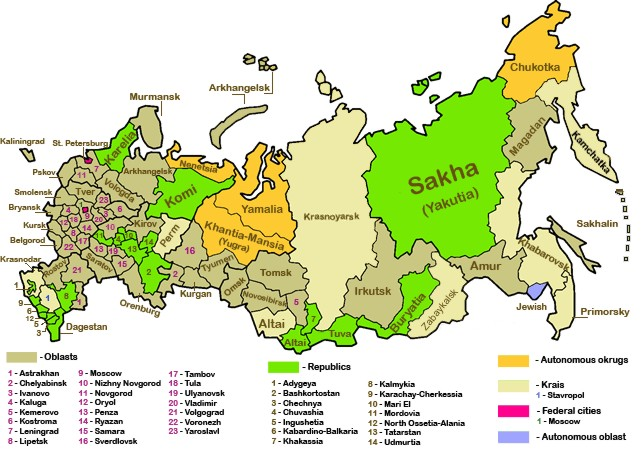Post
Postao/la Probisvjet » 18 mar 2011, 15:33
The End of Bosnian Football, Courtesy of Opportunistic Ethnic Politics?
Published: March 14, 2011
As Bosnia’s football fans generally like to encourage their players to play each game like it is their last, the upcoming 26 March match against Romania may actually turn out to be the last for Bosnia’s national team as it faces annihilation thanks to political obstruction and a looming international ban.
Last year, both FIFA and UEFA demanded that Bosnia trade its three-man, inter-ethnic presidency for a single Football Federation leadership. If Bosnia’s national football club fails
to follow through on this demand, it faces suspension from international competitions.
The initiative to absolve the body’s tripartite governance in exchange for a single, elected president was rejected by more than half of the 60 voting delegates.
Bosnian Football federation (NSBIH) authorities are scheduled to meet on 29 March -two days before sanctions are scheduled to be implemented – to vote on whether to adopt a single presidential system or face the wrath of FIFA. The latter is unlikely to happen, despite the fact that there is no practical reason for not implementing the demands. But since the end of the country’s 1992-1995 war, Bosnian sports, as everything else, has been at the mercy of the political elite.
If a positive decision is not reached by 29 March, no Bosnian team – neither on the club nor the international level – will be able to participate in FIFA or UEFA-sponsored tournaments.
Once the ban is implemented, Bosnia’s football federation would be effectively dissolved, and until a new leadership is formed, the federation would be led by a temporary leadership, in which none of the current officials would be able to operate. In this period, the national team would not be able to play.
Several years after the war, Bosnia’s ethnic football associations merged into the state association, but adopted a rotating presidential system in which a Serb, a Croat and a Bosniak leader would rule for a period of 18 months each. The same criteria are used to hire coaches and other employees within the federation – an arrangement based on ethnic criteria that is unacceptable to FIFA and UEFA.
This issue is a reflection of the political and ethnic situation that has ruled the country over the past eight years.
The ongoing talks on the issue illustrate that Bosniaks are in in favor of restructuring along FIFA and UEFA guidelines; Serb members are against it; while the Bosnian Croats are abstaining.
None of this, of course, has anything to do with sports, but it clearly shows that all aspects of life in Bosnia and Herzegovina are infected with ethnic representation, which is often being used purely for personal political gain. Already, Bosnian Serb officials have announced that the Republika Srpska football federation would break away and form its own association, though international organizations have rejected this possibility and warned that it would not be recognized as legitimate.
In an identical development, in the last decade the international community has been pushing for constitutional reforms in the country which are being greeted with pretty much the same sentiments. The international community is proposing measures to strengthen the role of the state-level Parliament and government, while the entities would lose some powers. The same reaction to this have come from ethnic political leaders , with Bosniaks supporting the reforms, Croats still uncertain, and Bosnian Serbs claiming that it would lead to the suspension of the entities.
Fudbalski Klub Sloboda Tuzla Bosnia and Herzegovina. The English translation of the team's name is Football Club Freedom.






